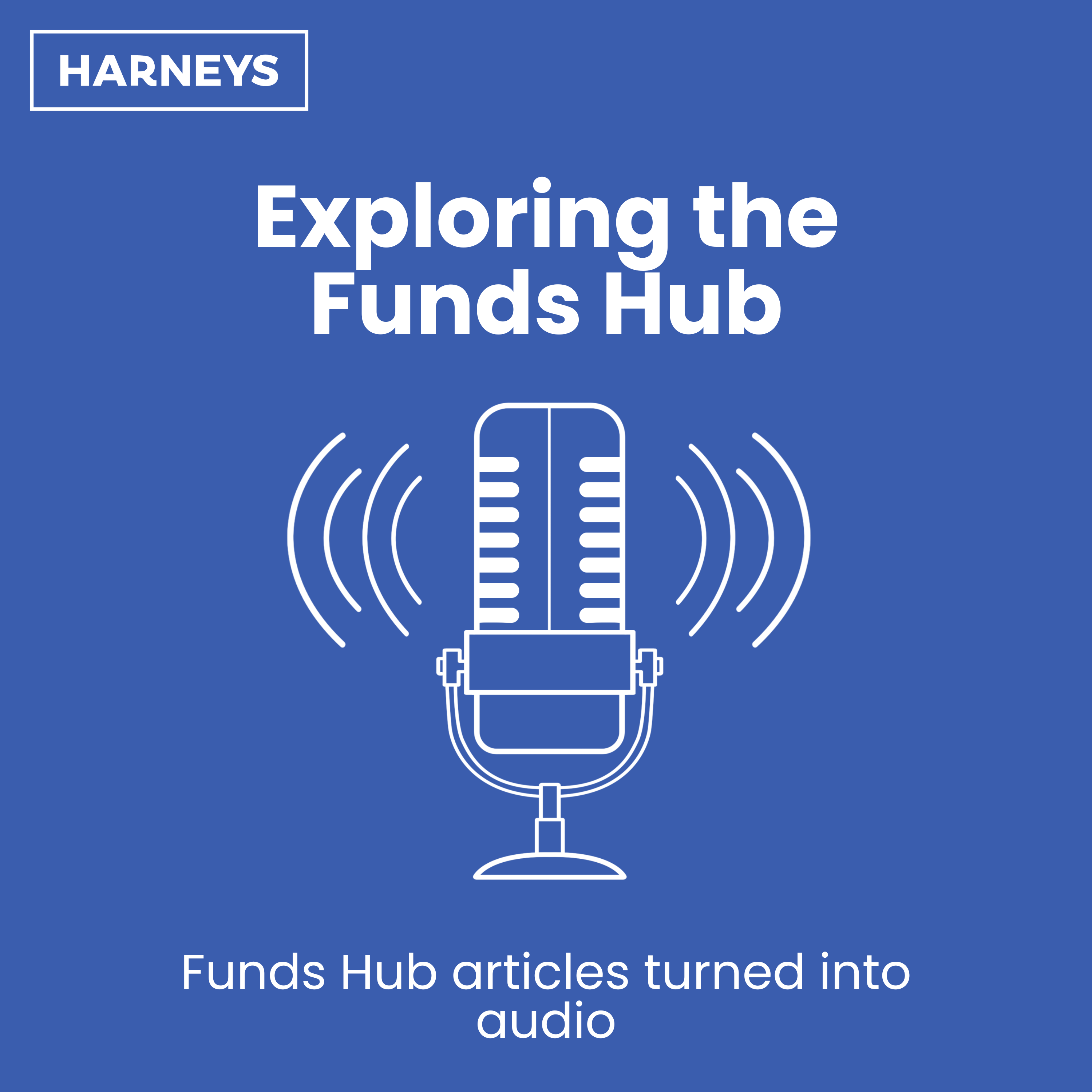Listen "Mutual funds in the Cayman Islands"
Episode Synopsis
The Cayman Islands is the leading jurisdiction for the offshore investment funds industry due to its combination of flexible and appropriate regulation, an approachable and effective regulator, professional service provider expertise, high reputation among investors and a tax neutral fiscal regime.
Investment funds established in the Cayman Islands fall into two broad categories: open-ended funds and closed-ended funds.
Open-ended funds provide investors with voluntary redemption or repurchase rights and closed-ended funds do not provide investors with those rights. Typically, open-ended funds will invest in liquid assets which can be readily realised to fund redemptions (eg listed, liquid, tradable securities) and closed-ended funds will invest in non-liquid assets requiring time to liquidate/realise value (eg real estate, unlisted companies).
This guide sets a summary of the regulatory regime of open-ended investment funds, which is supervised by the Cayman Islands Monetary Authority (CIMA).
For an overview of the regulatory regime that governs private funds please see Guide to Private Funds in the Cayman Islands.
Fund vehicle options
Companies
Exempted companies limited by shares are the most common form of entity used for the establishment of open-ended investment funds, with an investor's liability being limited to the amount paid or agreed to be paid in respect of their shares. Please see our Guide to Exempted Companies for more details.
Segregated portfolio companies
An exempted company may register as a segregated portfolio company (SPC), which is similar to a segregated cell company in many other jurisdictions.
An SPC may establish any number of segregated portfolios. Assets and liabilities attributed to a particular segregated portfolio are legally separated from the assets and liabilities attributed to any other segregated portfolio. A creditor who is party to a contract involving a particular segregated portfolio will have restricted recourse and will be entitled to recover only against assets attributed and credited to the specific segregated portfolio to which the contract is also attributed.
SPCs can be useful as multi-strategy vehicles and platform vehicles. Savings by using multi-strategy SPCs are often not as great as anticipated however and SPCs with multiple segregated portfolios do require a greater degree of care to ensure assets are properly segregated, contracts are entered into on behalf of the correct segregated portfolio and inadvertent cross-collateralisation does not occur. Please see our Guide to Segregated Portfolio Companies for more details.
Limited liability companies
Limited liability companies (LLCs) can be incorporated in the Cayman Islands in a form closely aligned to the Delaware LLC. LLCs may be used in investment fund structures where a flexible structure similar to a limited partnership is required, but where the vehicle needs to be established as a body corporate distinct from its members. LLCs are regulated by their LLC agreement and the Limited Liability Companies Act. Please see our Guide to LLCs for more details.
Exempted limited partnerships
While an exempted limited partnership (ELP) is the most common vehicle for closed-ended funds including private equity, venture capital and real estate funds, they are also used for open-ended funds. An ELP has many similarities to its Delaware equivalent vehicle but an ELP is not a separate legal person and for this reason, it is popular with managers and investors in a number of jurisdictions. An ELP is managed by its general partner. Please see our Guide to ELPs for more details.
Unit trusts
Cayman Islands unit trusts are established under and governed by the Cayman Islands Trusts Act and, save as modified under that law, generally applicable principles of English trust law. With a unit trust, investors contribute funds to a trustee which holds those funds on trust for the investors and each investor is directly entitled to a pro rata s...
More episodes of the podcast Exploring the Funds Hub
Private equity funds investing in property
31/10/2025
The BVI and Cayman Islands are tax-neutral jurisdictions. What does this mean for your fund?
31/10/2025
The Hong Kong OFC. Maybe, Maybe Not?
30/10/2025
Something has happened and we need to suspend NAV calculations and redemptions. What next?
30/10/2025
The opportunity for ESG funds in 2021
30/10/2025
 ZARZA We are Zarza, the prestigious firm behind major projects in information technology.
ZARZA We are Zarza, the prestigious firm behind major projects in information technology.
